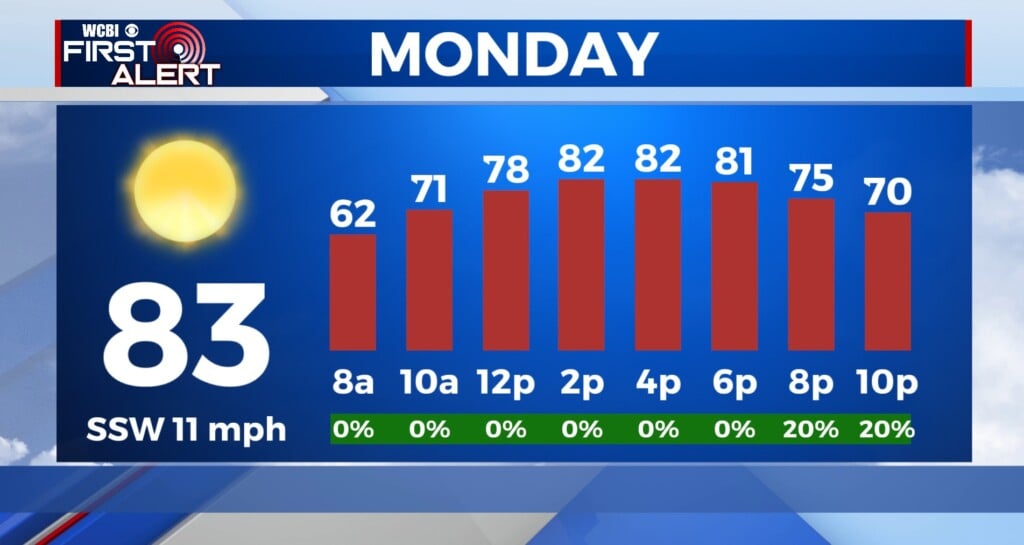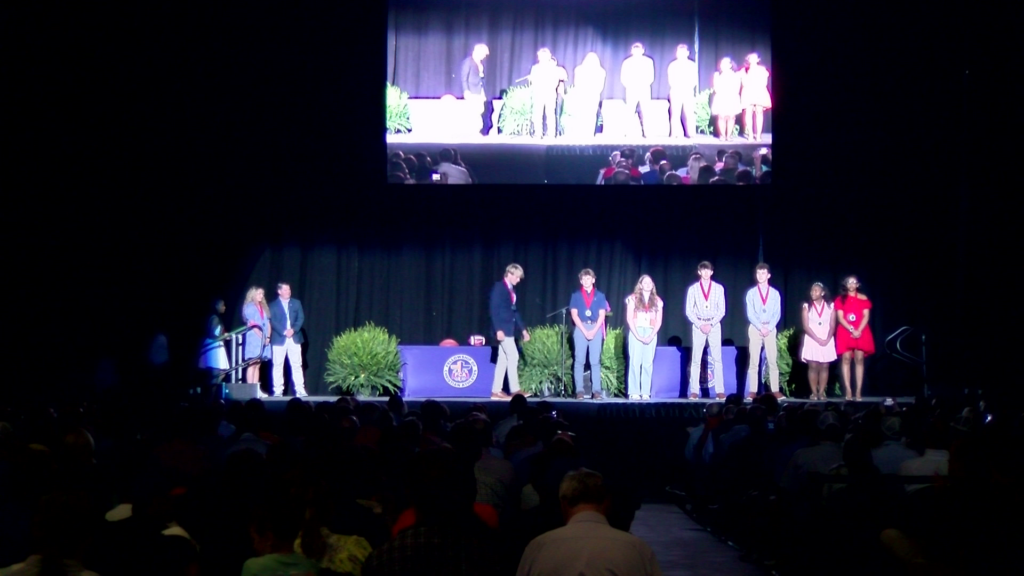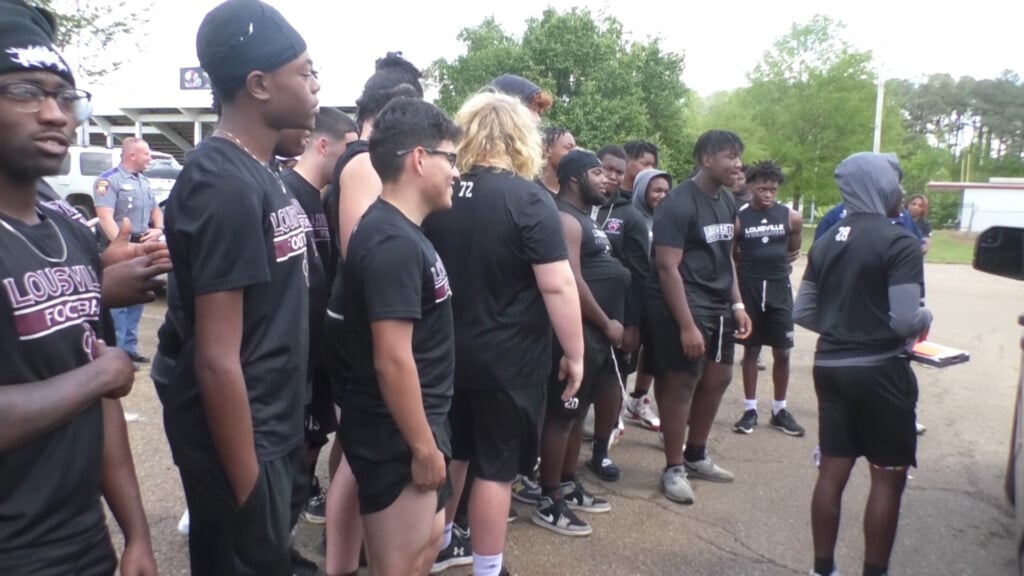Speech-language pathology students at MUW gain new skill
MISSISSIPPI UNIVERSITY FOR WOMEN (WCBI) – Children and adults all over the country have swallowing disorders, which can be difficult to live with.
That’s why at Mississippi University for Women, they held a training with SA Swallowing Services to better prepare students to treat a variety of patients.
Speech-language pathology graduate students at Mississippi University for Women are getting ready to launch their careers, and they will have a new tool in their toolbox.
Students had the opportunity to earn a certification in Fiberoptic Endoscopic Evaluation of Swallowing, or FEES.
“It’s not every day that a student gets to be both the patient and the clinician,” 2nd-year grad student Elizabeth Vandevender “You know, typically in grad school, I feel like we’re tuning into everything that the clinician needs to know. But this was a very unique experience because as a clinician, we got to kind of step into the patient’s shoes a little bit and really feel all the emotions that they would feel.”
A tube with a camera shows a live swallow by going up the patient’s nose to view parts of the throat.
Instructor Laurel Jones said this can be used on patients of all ages, from pediatric to geriatric, for a variety of reasons.
“Sometimes for reasons of wanting to avoid radiation from having a modified barium swallow like the kind that’s done in radiology in a hospital. The other advantage of FEES over MBS would be that we can have nursing home patients easily access it, you know, if they’re bed-bound or things like that,” Jones said.
Students had to perform 15 of these evaluations on live participants, including their peers and instructors.
They also had the evaluation performed on themselves.
2nd year grad student Elizabeth Vandevender said this made her nervous, but having gone through it, she is better able to empathize with patients.
“Just understanding how to talk to somebody, to comfort them,” Vandevender said. “And like Dr. Crump said, we really understand now what it feels like so we can give them a very unique (experience) and tell them, ‘Well, I’ve had this done and this is what it felt like.’ And I just know, even being the patient, how that made me feel and how that made me a lot more comfortable even before I got the scoping done to me.”
Assistant Professor Jainwan Crump explained that having this skill will make students more prepared and marketable as they enter the field.
“We want to make sure that they are competitive and that they can go out into the vast world of being able to service any population, those that have swallowing disorders, language disorders, voice, so forth. It is one thing to know by theory, but to know by practice is something totally different,” Crump said.
For more information, visit muw.edu/slp/shc/services.




